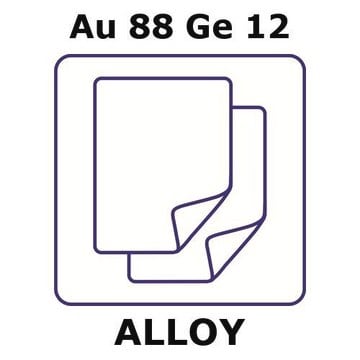GF67936483
Lead
rod, 500mm, diameter 3.2mm, 99.95%
Synonyme(s) :
Lead, PB007910
About This Item
Produits recommandés
Pureté
99.95%
Forme
rod
Fabricant/nom de marque
Goodfellow 679-364-83
Résistivité
20.65 μΩ-cm
L × diam.
500 mm × 3.2 mm
Point d'ébullition
1740 °C (lit.)
Pf
327.4 °C (lit.)
Chaîne SMILES
[Pb]
InChI
1S/Pb
Clé InChI
WABPQHHGFIMREM-UHFFFAOYSA-N
Description générale
Informations légales
Mention d'avertissement
Danger
Mentions de danger
Conseils de prudence
Classification des risques
Aquatic Acute 1 - Aquatic Chronic 1 - Lact. - Repr. 1A - STOT RE 1 Oral
Organes cibles
Central nervous system,Blood,Immune system,Kidney
Code de la classe de stockage
6.1C - Combustible acute toxic Cat.3 / toxic compounds or compounds which causing chronic effects
Classe de danger pour l'eau (WGK)
nwg
Point d'éclair (°F)
Not applicable
Point d'éclair (°C)
Not applicable
Faites votre choix parmi les versions les plus récentes :
Certificats d'analyse (COA)
Désolés, nous n'avons pas de COA pour ce produit disponible en ligne pour le moment.
Si vous avez besoin d'assistance, veuillez contacter Service Clients
Déjà en possession de ce produit ?
Retrouvez la documentation relative aux produits que vous avez récemment achetés dans la Bibliothèque de documents.
Notre équipe de scientifiques dispose d'une expérience dans tous les secteurs de la recherche, notamment en sciences de la vie, science des matériaux, synthèse chimique, chromatographie, analyse et dans de nombreux autres domaines..
Contacter notre Service technique




